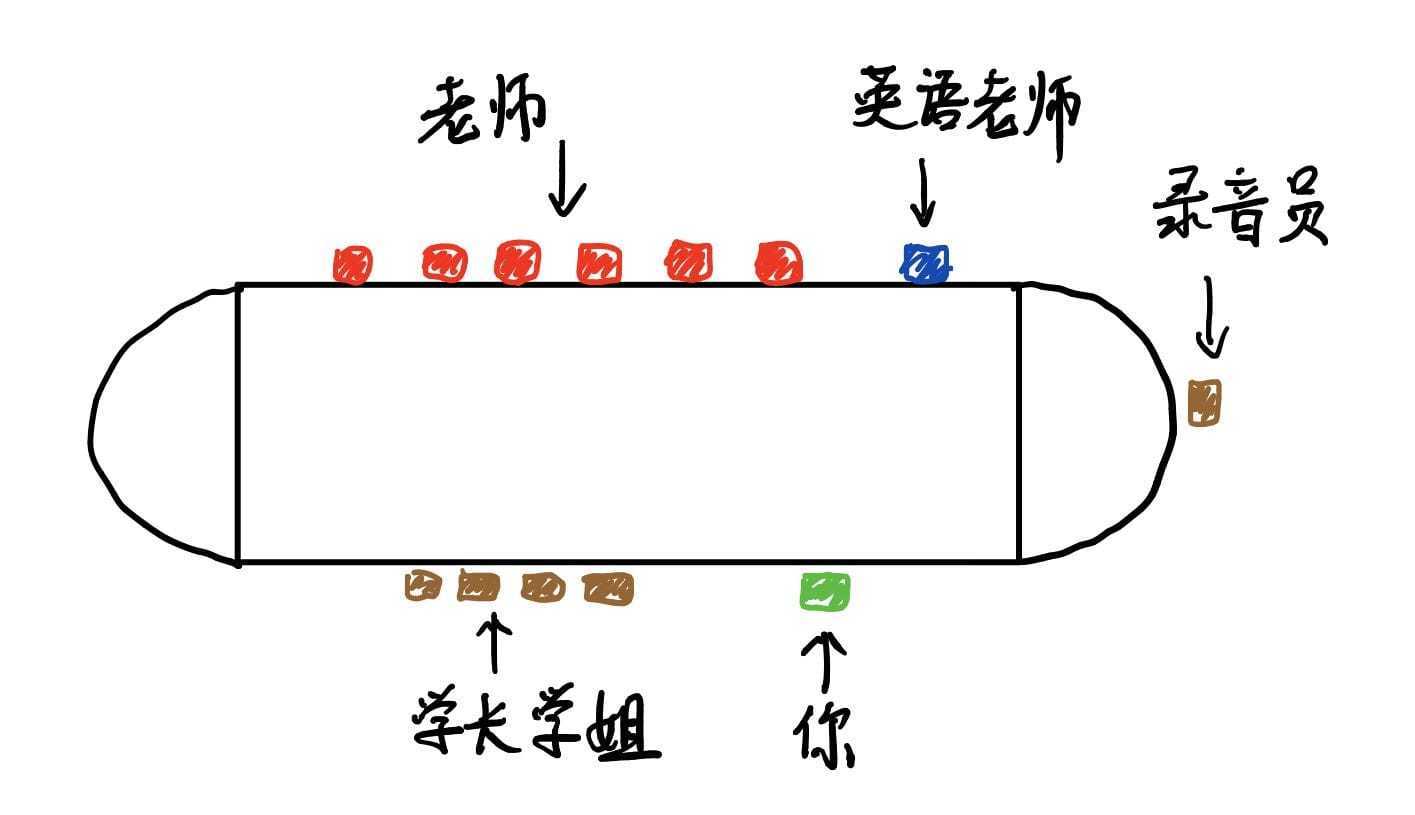Basic information of interview

Memoirs of Interview Questions
Some feelings
-
Your strengths on your resume are carefully written one by one, so as to guide the teacher to ask your strengths. Don't write on the project if you don't know it well, it will backfire!! For example, if you have forgotten the Python you learned a long time ago, you should not write on it and become familiar with Python -
You must know in advance what technology you want to do after choosing your major, and prepare for undergraduate courses and these technology related courses. For example, if I choose to major in artificial intelligence, it is advantageous to understand algorithms such as Python and machine learning. -
Try to be organized about the problems that will not happen -
I don't think it's important to talk about Caton nervously. It's normal to be nervous. I drank a bottle of mineral water while waiting for the interview, but I must be organized. I didn't do well enough, that is to say, I was very casual. In the end, I didn't prepare enough questions, or I didn't have enough interview experience -
When speaking, you must look at the teacher and say that you can find the teacher's expression, nod, smile or other emotions. What I understand is that when you look into the eyes of others, you believe in others. If you give your heart away, the teacher naturally does not want to see a person who lowers his head to speak. -
Speak calmly and smile appropriately, but I think it will be helpful to have more interview experience

